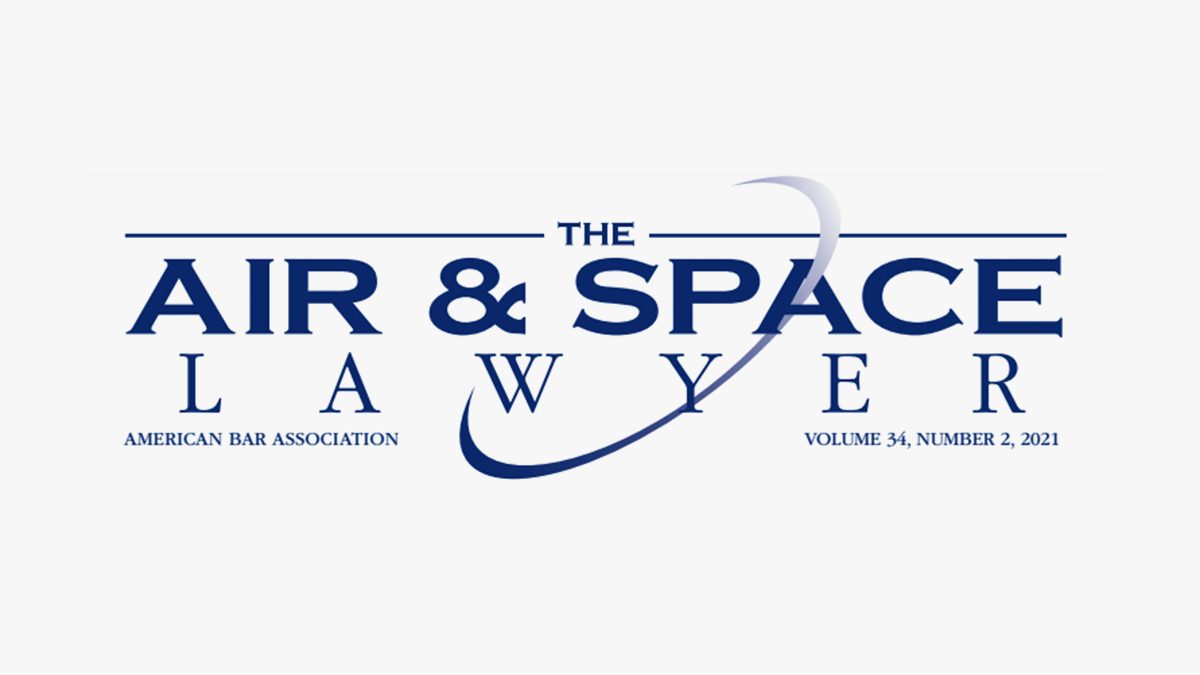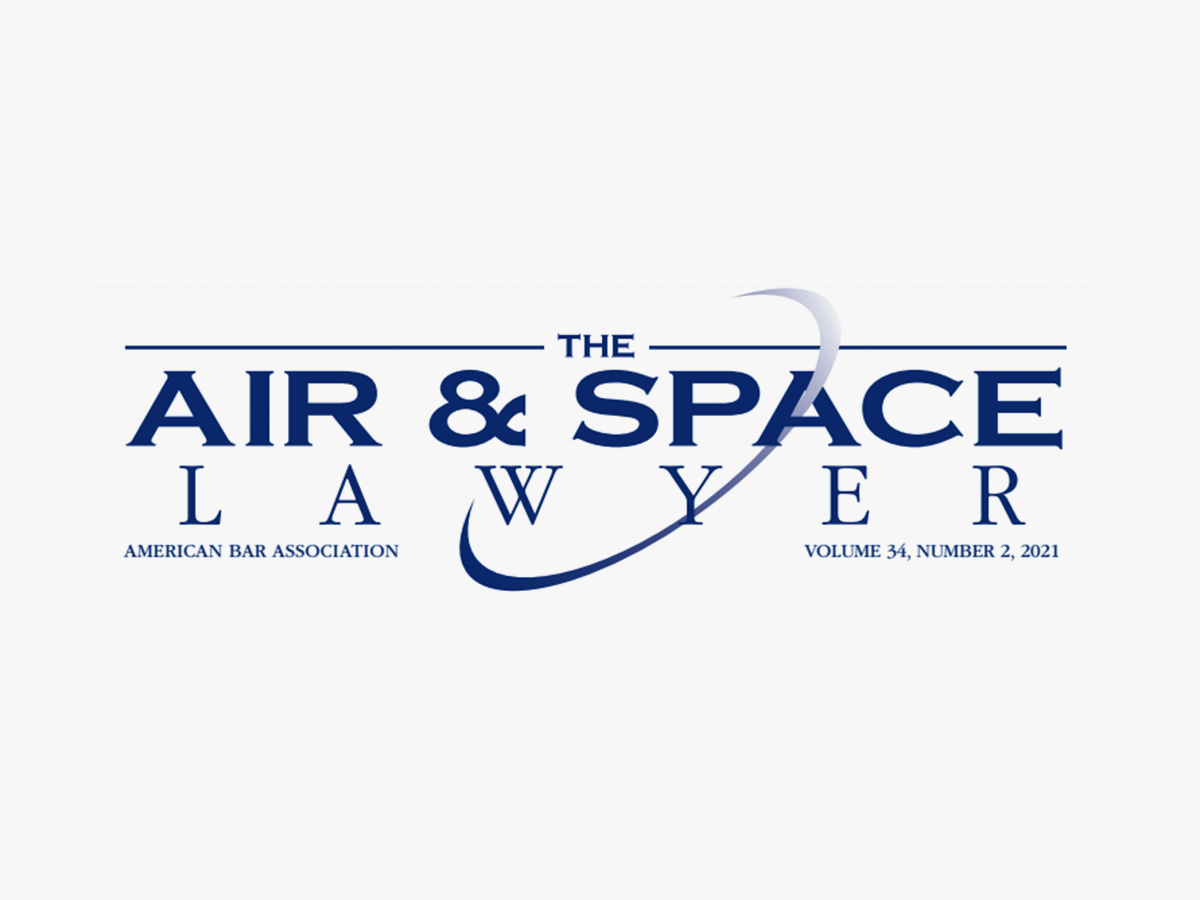 One of the most confusing issues facing business and general aviation aircraft operators is the question of whether they can operate their aircraft solely under the Federal Aviation Administration’s (FAA) general, or noncommercial, operating rules, or whether they must also obtain certification as a commercial operator and operate their aircraft under the applicable commercial rules. This is especially complicated when their aircraft are leased to other parties. Although the FAA’s position on this question has been consistent since the 1970s, its enforcement of these rules has been sporadic. This has recently begun to change, however, as the FAA has recognized that it needs to pay more attention to this industry segment to ensure that the appropriate regula-tions are being followed.
One of the most confusing issues facing business and general aviation aircraft operators is the question of whether they can operate their aircraft solely under the Federal Aviation Administration’s (FAA) general, or noncommercial, operating rules, or whether they must also obtain certification as a commercial operator and operate their aircraft under the applicable commercial rules. This is especially complicated when their aircraft are leased to other parties. Although the FAA’s position on this question has been consistent since the 1970s, its enforcement of these rules has been sporadic. This has recently begun to change, however, as the FAA has recognized that it needs to pay more attention to this industry segment to ensure that the appropriate regula-tions are being followed.
This article provides an analysis for determining whether an operator who is conducting flights under the noncommercial rules may face an FAA administrative or legal enforcement action because the FAA has determined that the operator should be complying with its commercial rules. The analysis primarily focuses on situations where an operator is conducting improper “dry” leasing but also touches upon other common forms of illegal charter.
Basic Regulatory Concepts and Requirements
Our Focus: Regulation of Smaller Aircraft Our focus is on the FAA’s federal aviation regulations (FAR, codified in Part 14 of the Code of Federal Regulations (C.F.R.), Parts 1–199)1 that apply to the operations of aircraft ranging from small, single-engine pistons up through, but not including, piston and turbine or jet airplanes with a passenger seating configuration of 20 or Improper Aircraft “Dry” Leasing and Other Illegal Charter more or a maximum payload capacity of 6,000 pounds or more. Think, for example, of a small Cessna 172 aircraft up through a Gulfstream G700 aircraft, but not a Boeing 737 or larger aircraft outfitted for maximum seating capacity.
Who Is the “Operator”?
When assessing which operational rules must be followed, the first step is to determine exactly who is the “operator” of the aircraft. The starting presumption is that the registered owner of the aircraft is the operator, but, as this article points out, the operator can become a different party through an agreement, such as a lease or operating agreement, with the owner. A third party such as an aircraft manager may also effectively become the operator when a lease is not involved.
Although the FAR does not define the term “operator” directly, it does provide that “Operate, with respect to aircraft, means use, cause to use or authorize to use aircraft, for the purpose . . . of air navigation including the piloting of aircraft, with or without the right of legal control (as owner, lessee, or otherwise).”2 The FAR further provides that “Operational control, with respect to a flight, means the exercise of authority over initiating, conducting or terminating a flight.”3 Thus, the “operator” of an aircraft is the person, be it a natural person or some form of corporate entity, exercising operational control over the aircraft in order to operate it in the national airspace. The tests that the FAA applies in determining who actually has operational control of the aircraft are discussed in more detail below, but suffice it to say that the person who is determining where…




